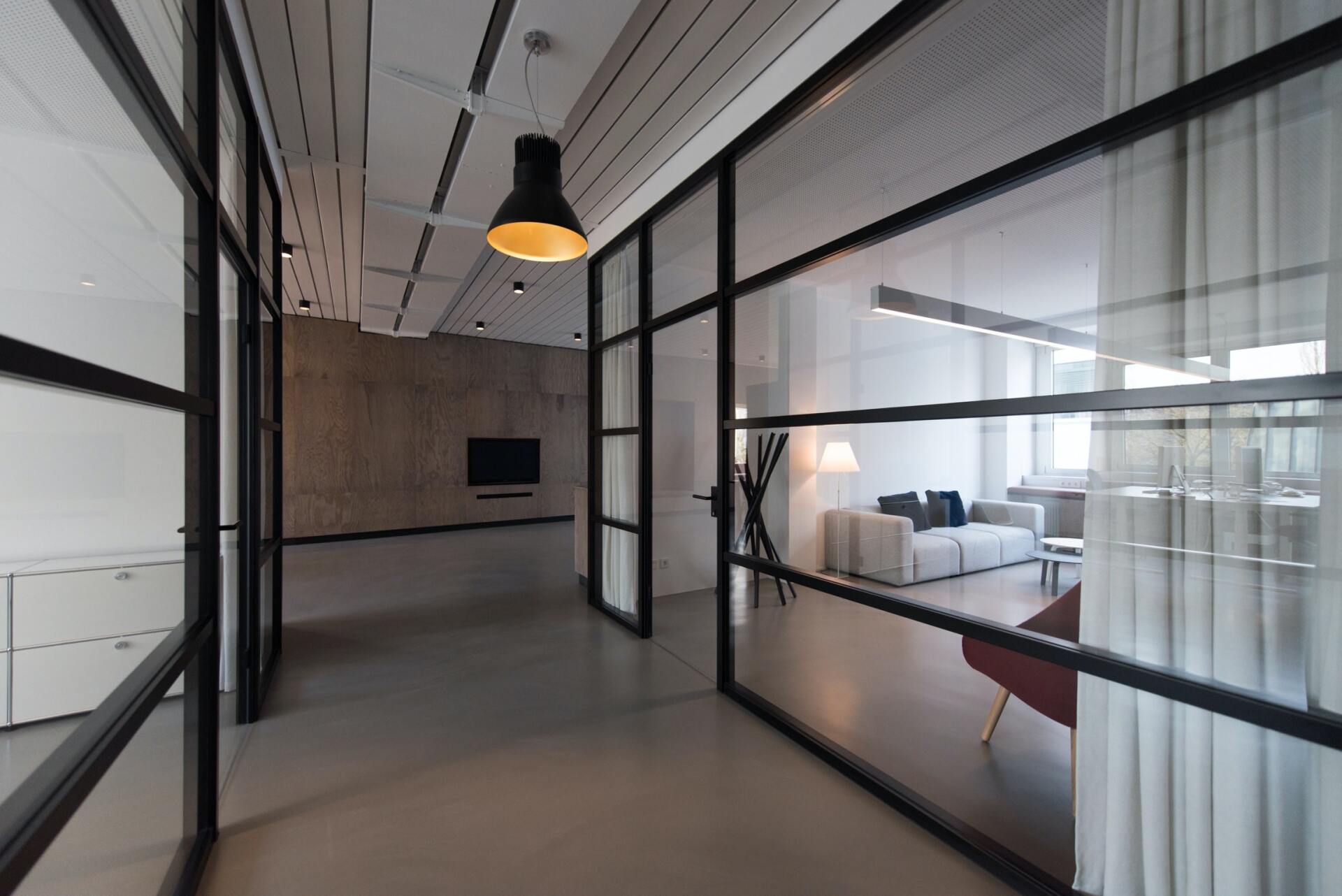
RETAIL and COMMERCIAL LEASING
East Maitland Conveyancing have experience in commercial, industrial and retail leasing acting for both landlords and tenants.
LET US HELP YOU PLAN
YOUR FUTURE BUSINESS
We can assist in all aspects of leasing and business transactions including:
- Acting for the sale/purchase of a business
- Drafting and reviewing leases
- Negotiating the terms of a lease; and
- Arranging registration of lease
LEASING FAQ
-
Retail or Commercial Lease – What is the difference?
Retail leases in NSW are governed by the Retail Leases Act 1994 (NSW) (Act).
In order for a lease to apply to premises the business conducted from the premises must:-
- Be a type of business included in the list in Schedule 1 of the Act; or
- Be conducted in premises located in a retail shopping centre.
Even if one of the above conditions is satisfied the Act will not apply to any of the following:-
- Shops that have a lettable area of 1,000 square metres or more,
- Shops that are used wholly or predominantly for the carrying on of a business by the lessee on behalf of the lessor,
- Any shop within premises where the principal business carried on on those premises is the operation of a cinema, bowling alley or skating rink and the shop is operated by the person who operates the cinema, bowling alley or skating rink.
- Any premises in an office tower that forms part of a retail shopping centre,
- Leases for a term of 25 years or more (with the term of a lease taken to include any term for which the lease may be extended or renewed at the option of the tenant),
- Any other lease of a class or description prescribed by the regulations as exempt from this Act.
-
What are main difference between a retail lease and a non retail commercial lease?
Retail leasing legislation is based on consumer protection and imposes additional requirements upon landlords.
These include requiring the landlord to provide the tenant with all disclosure documents at least 7 days before entering into a lease. A disclosure document is a brief summary of the lease outlining information about the property, outgoings and shopping centre (if applicable). A copy of the lease must also be provided as soon as a landlord and tenant enter at the negotiation stage.
The landlords costs in preparation of the lease cannot be passed onto the tenant, however, in commercial leases the landlord often seeks payment from the tenant of the landlords costs of preparation of the lease. Retail leasing premises also receive additional protections in relation to unconscionable conduct of landlords.
-
What is the difference between a security deposit and a bank guarantee?
Most landlords require security to protect them for any loss they might suffer due to the default of a tenant under the terms of a lease.
That security can be provided by way of payment of cash known as a security deposit or by giving to the landlord a bank guarantee issued by a financial institution. The benefit of the bank guarantee from the point of view of the tenant is that cash is not under the control of the landlord during the term of the lease.
If the landlord makes a claim and draws the guarantee, the bank pays the money whether or not the tenant agrees, or even has notice payment is being made.
In Retail Leases the security deposit is required to be lodged with the NSW Retail Bond Scheme within 20 days of receipt. The Act does not require cash bonds for commercial leases to be in the Scheme.
-
What are outgoings and who pays them?
A tenant is often required under the terms of a lease to pay outgoings in addition to rent. Outgoings are expenses relating to the shop that the tenant has agreed to pay in addition to rent.
Generally, outgoings include Local Council rates and charges, water authority rates and charges, land tax, cleaning and maintenance obligations.
It is important that the landlord and tenant are clear and in agreement as to who is to pay what outgoings. In Retail Leases a tenant is given notification of the outgoings in the lease contract and the Lessor’s Disclosure statement.
-
What is a market rent review?
Most leases provide for rent to be reviewed annually. The most common methods are for rent to increase by a fixed percentage, for it to be increased by reference to the Consumer Price Index or for it to be reviewed to market.
A market rent review involves a determination of the rent payable by looking at what the rent would likely be if a new tenant was entering into a new lease with the landlord. Parties should always try and negotiate and come to an agreement as to the new rent before the market review date.
In the event the parties cannot agree most leases provide that a valuer who specialises in the type of premises being valued performs a market rent review. Whatever the valuer determines is the new market rent and subject to limited rights the parties may have under the terms of the lease or under general law the valuation is binding on both parties.
Retail lease tenants and landlords should be aware that the Act provides additional requirements to the Lease itself in respect of market rent reviews. Of particular interest to tenants may be the right to have the new market rent determined early and before they have to choose whether or not to exercise an option for a further term they may have under the lease.
Interested in our services? We're here to help!
If you're interested in purchasing, leasing or selling; contact us today to see how we can assist in your future journey!
CONTACT US
Suite 8/24 Garnett Road
East Maitland NSW 2323
PO Box 179
East Maitland NSW 2323
WEBSITE DESIGNED AND POWERED BY WILD & FREE MEDIA

